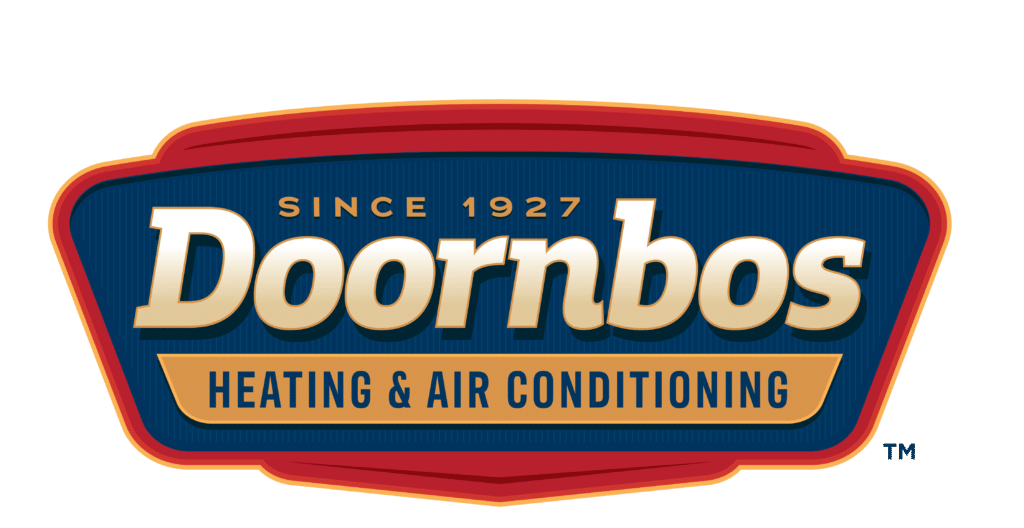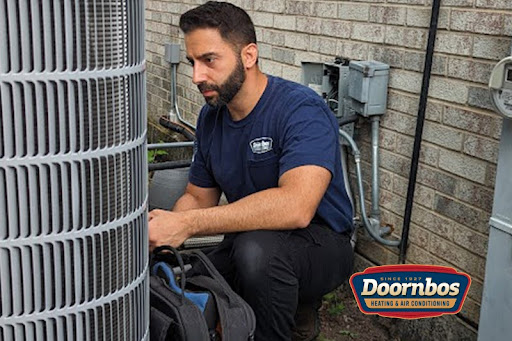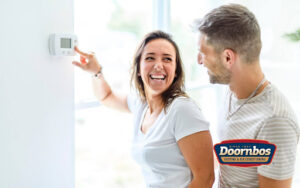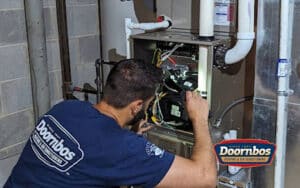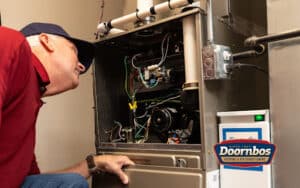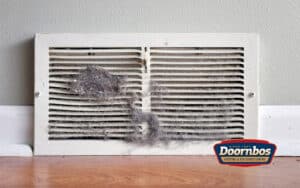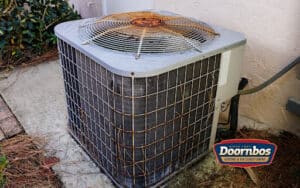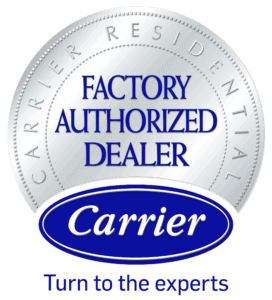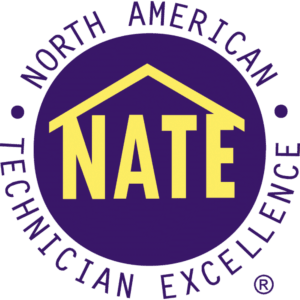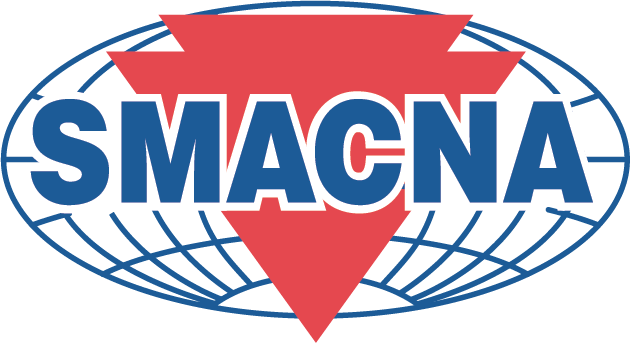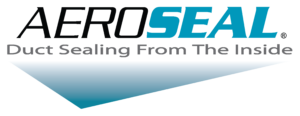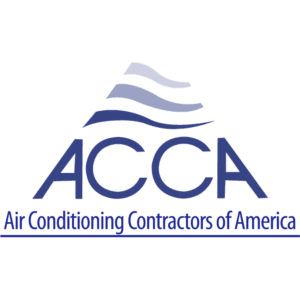Hybrid HVAC systems, also known as dual-fuel systems, are becoming more popular among homeowners in Orland Park and the greater Chicago area. Here at Doornbos Heating & Air Conditioning, we’ve been helping folks with their heating and cooling needs since 1927. Our family-owned company takes pride in delivering top-notch home comfort solutions with the best-trained technicians and support staff around. Let’s dive into the pros and cons of hybrid HVAC systems to help you decide if this option is right for you.
What Is a Hybrid HVAC System?
A hybrid HVAC system combines a heat pump with a furnace. The heat pump works like an air conditioner in the summer, cooling your home. In the winter, it can provide heat. But when the temperature gets really cold, the furnace kicks in to provide extra warmth. This way, you get the best of both worlds.
Pros of Hybrid HVAC Systems
Energy Efficiency
One of the biggest benefits of a hybrid HVAC system is its energy efficiency. The heat pump uses electricity, which can be cheaper and more efficient than natural gas or oil. When it gets really cold, the furnace takes over, ensuring you stay warm without using too much electricity. This can lead to lower energy bills and a smaller carbon footprint.
Year-Round Comfort
With a hybrid system, you get comfortable temperatures all year long. The heat pump keeps you cool in the summer and warm during mild winter days. When it’s freezing outside, the furnace provides the extra heat needed to keep your home cozy.
Environmental Benefits
Since the heat pump uses electricity, it produces fewer emissions than a traditional gas furnace. By using less fossil fuel, you help reduce air pollution and contribute to a healthier environment. This is a great choice for those who are environmentally conscious.
Cost Savings
While the initial cost of a hybrid HVAC system can be higher than a traditional system, the long-term savings on energy bills can make up for it. The efficiency of the heat pump means you use less energy, which can result in lower utility bills over time.
Cons of Hybrid HVAC Systems
Higher Initial Cost
One of the downsides of a hybrid HVAC system is the higher upfront cost. The equipment and installation can be more expensive than a standard heating or cooling system. However, the long-term savings on energy bills can help offset this initial investment.
Complex Maintenance
Because a hybrid system combines two types of heating, it can be more complex to maintain. Regular maintenance is essential to keep both the heat pump and furnace running efficiently. This might mean more frequent service visits and potential higher maintenance costs.
Dependency on Electricity
While the heat pump is efficient, it relies on electricity to operate. If there’s a power outage, your heat pump won’t work, and you’ll need to rely on the furnace. It’s important to consider this factor, especially in areas prone to power outages.
Just Any Old Heat Pump Won’t Do
In areas with very cold winters like ours, just any old heat pump won’t do. Traditional heat pumps are less efficient when temperatures drop below 40 degrees. For the best option in Chicago area climates, a cold climate heat pump is the better option. Cold climate heat pumps tend to be more expensive than their counterparts, meaning the upfront cost of installation will rise as well.
Trust the Experts at Doornbos
The cons aside, a hybrid HVAC system can be a great choice for homeowners in Orland Park and the greater Chicago area. It offers energy efficiency, year-round comfort, and environmental benefits. At Doornbos Heating & Air Conditioning, we’re here to help you make the best decision for your home. Our experienced Comfort Specialists and technicians can answer any questions you have and provide professional installation and maintenance services.If you’re considering a hybrid HVAC system, give Doornbos a call or click here. We’ll be happy to discuss the pros and cons in more detail and help you find the perfect solution for your home.
